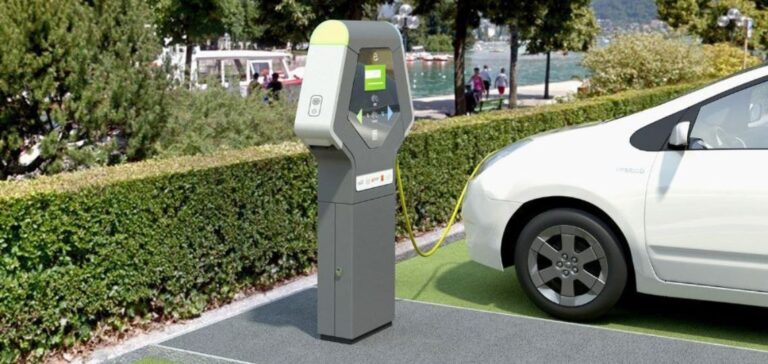The Minister of SMEs, Olivia Grégoire, has announced that the goal of 100,000 charging stations for electric cars in France, initially set for 2021, should be reached in the second quarter of 2023.
Progress of the deployment of the terminals
By the end of 2022, France already had nearly 83,000 charging points, thanks to an accelerated deployment of 53% during the year, according to the barometer of the National Association for the Development of Electric Mobility.
The Minister acknowledged a slight delay, attributed in part to the shortage of electronic chips that has affected the automotive industry for the past two years.
France is the third most equipped country in Europe in terms of charging stations, behind the Netherlands and Germany, which have half of all charging stations.
Equipment on the highways
On the freeways, all the areas of the APRR and AREA networks are now equipped, as required by law. The Sanef network is 85% equipped and those of the Vinci network should all be equipped by the end of 2023.
Nearly 90% of the charging points offer slow charging and less than 7% offer a charging power higher than 150 kW, allowing a full charge in a few tens of minutes.
The automotive industry is highlighting the deployment of charging stations for electric vehicles, while new vehicles will be 100% electric in Europe by 2035. Public charging stations are also important to reassure drivers on long trips, although most charging is done at home.
Growth in electric vehicle registrations
In 2022, the share of electric vehicles in the French market continued to grow, reaching 13% of total registrations, up from 10% the previous year.
Minister Gregoire also announced that the government will present a plan to develop retrofit (conversion of thermal vehicles to electric) in March.






















